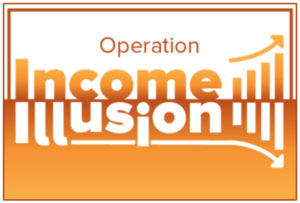A crucial Supreme Court ruling, FTC strategy shifts and social media challenges impact direct selling in an eventful year.
January Headlines
FTC Launches ‘Operation Income Illusion’
The Federal Trade Commission (FTC), along with 19 federal, state, and local law enforcement partners announced a nationwide crackdown on consumer scams promising income and financial independence. Although no direct selling companies were targeted by this operation, it marked a beginning to the COVID-19-era scrutiny of work-from-home-scams, pyramid schemes and coaching courses, among other businesses.
DSA Rolls Out New Compliance Certification Program
The Direct Selling Association (DSA) began a comprehensive compliance program to be made available to member and non-member companies. The Direct Selling Compliance Professional Certification Program (DSCP-CP) was created for individuals and does not certify an entire company. The program includes four three-hour online sessions for a total of 12 hours and is designed to be taken over several days. Modules include topics such as “Claims Substantiation and Disclosures”; “Product Claims”; “Monitoring and Removal of Claims from Social Media Platforms”; “The Role of Compliance in Your Organization”; and “Conveying the Right Marketing Message.”
This content is restricted to site members. If you are an existing user, please log in. New users may register below.


